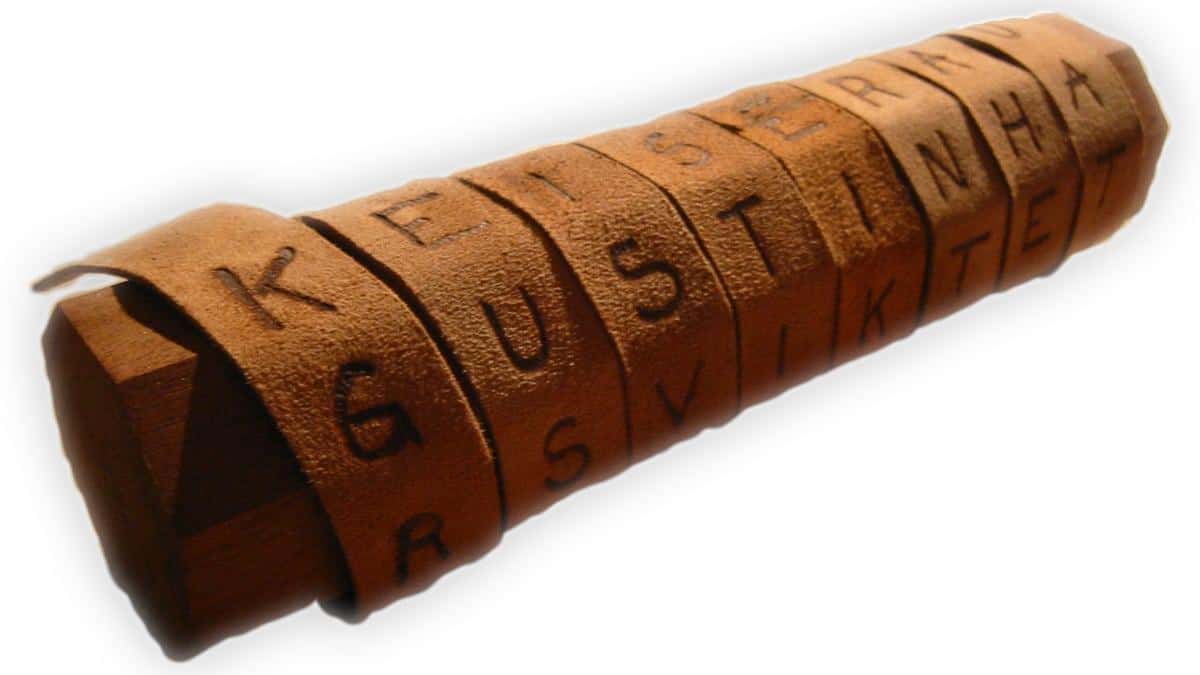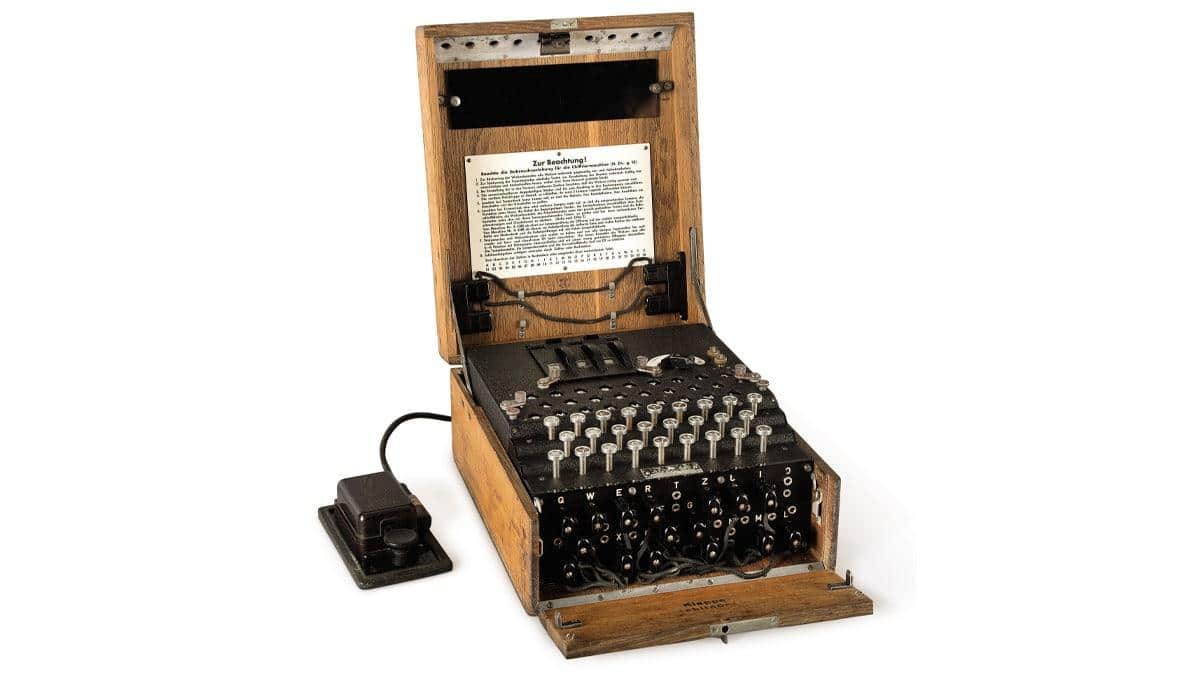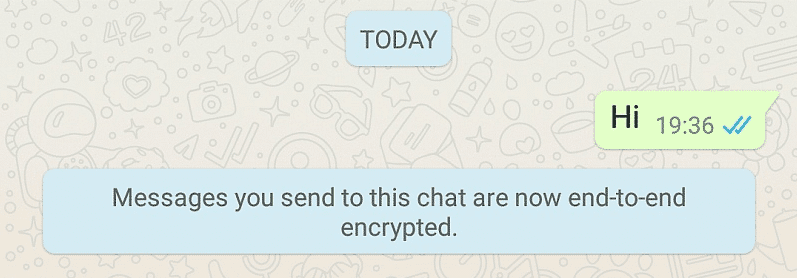Data in any shape or form has been one of the most valuable assets ever since the dawn of human beings.
In good hands, data can drastically enhance the development of a nation. While in the wrong hands, data can end up being disastrous for a nation.
Consequently, humans have relied upon Encryption for centuries to prevent valuable data from being stolen, changed, or compromised.
While the methods of encrypting data have come a long way, the core purpose of Encryption has more or less remained the same.
Utilizing Encryption, data (plaintext) is scrambled into a secret code (ciphertext), and it can only be unlocked and accessed by authorized parties.
In this article, we have shared everything you need to know about Encryption.
Table Of Contents
Encryption: Where Did It All Begin
You will be surprised to know that Encryption existed during the ancient and medieval periods.
As revealed by ExpressVPN, the Spartans in the 7th century developed a tool, namely, Scytale, that helped them encode a message.
Scytale was a wooden rod with parchment wrapped around it.
During the preparation phase, the sender wrote and encoded the message while the parchment was on the rod.
When the receiver took off the parchment, the words would automatically get jumbled. So, to decode it, the receiver wrapped the parchment around a rod with the same diameter.
Encryption witnessed massive developments during the Two World Wars. During the Second World War, Germans developed one of the most feature-packed and reliable encryption tools, The Enigma Machine.
The Enigma Machine used rotor mechanics that scrambled the 26 letters of the alphabet and converted the actual message into a complex puzzle. During the early- to mid-20th century, The Enigma Machine was considered super secure, and it was used to encode the most top-secret messages.
To avoid failure, the machine settings were generally changed daily. Consequently, to decode a message, the codebreakers just had 24 hours. Once the settings were changed codebreakers had to start working from ground zero.
English mathematician and computer scientist Alan Turing led a team of codebreakers that cracked the code of the Enigma Machine and changed the course of World War Two.
Advanced Encryption Standard, often abbreviated as AES, is the modern-day encryption technique used worldwide that has three different key lengths, i.e., 128, 192, and 256 bits.
AES offers secure communications and reliable data protection. Some other modern-day encryption techniques are end-to-end encryption in mainstream messaging apps, blockchain, distributed ledger technology, and quantum cryptography.
Let’s discuss more about modern-day encryption in the next section of this article.
Why Encryption Is The Necessity Of 21st Century
Unlike the old days, millions of human beings now have a digital footprint that consists of valuable information. As a result, it’s quite important to safeguard our data and communicate securely.
Luckily, all of the modern-day encryption techniques are reliable and even trusted and recognized by major governments, mainstream VPN providers, and security experts.
For instance, the mainstream messaging service WhatsApp relies on end-to-end encryption to safeguard users’ conversations. Each WhatsApp user is equipped with a unique private and a public key which is generated when the user launches WhatsApp.
While sending a message, the public key is transmitted alongside the message to the recipient. The recipient uses their private key to decrypt the message and read it.
Since the messages are end-to-end encrypted, a third party can’t have unauthorized access to the conversation of two users.
Another emerging and modern encryption technique that’s worth taking a look at is Quantum Encryption. Unlike traditional encryption tools and techniques, quantum encryption utilizes quantum mechanics instead of mathematics to secure data transmission.
Clearly, modern-day encryption methods are quite capable and error-free, and they can be trusted for securing and transmitting valuable data. That said, there are still some threats faced by encryption; let’s discuss them in the next section of this article.
Three Main Threats To Encryption
1. Quantum Computing
While quantum computing is helping improve encryption in multiple ways, it still remains one of the most feared threats to encryption.
Some present-day encryption methods like RSA that are widely used for secure data transmission can be effortlessly cracked using supercomputers in the near future.
As a matter of fact, in hardly a few more years, quantum computers could be capable of performing calculations that can decrypt both asymmetric and symmetric cryptography encryption methods.
2. Blockchain Threat
Ever since its inception, Blockchain has been praised by everyone for its reliability and flawless encryption methods. Unfortunately, Blockchain is also not completely foolproof.
You will be surprised to know that a group of miners who control more than 50% of the network’s mining hash rate can alter a cryptocurrency blockchain. This alteration can help them to can help these miners reverse or modify transactions.
Some other attacks that can disrupt a crypto currency blockchain are phishing, routing, and Sybil.
3. Human Error
No matter how good or bad an encryption technology is, Human Error always remains one of the biggest threats to Encryption.
For instance, an employee can accidentally leak encryption keys by visiting harmful websites or clicking on malicious links that may install unwanted programs on their system.
Additionally, weak or reused passwords used by an employee can offer access to his entire computing system to a third party.
CONCLUSION
So this was everything you needed to know about the World Of Encryption. With rapid advancements in technology, encryption is as important as it was during the ancient times.
As a matter of fact, unlike the medieval times when encryption was just utilized by high-ranking officials, data encryption is now important for anyone with a digital footprint.
While modern-day encryption techniques are quite reliable, they are still not completely foolproof.
Do share your thoughts and opinions on encryption on our socials.



